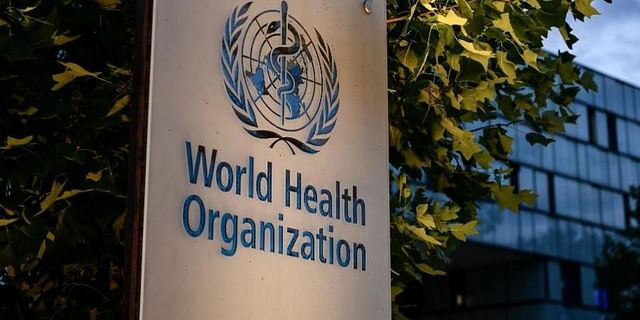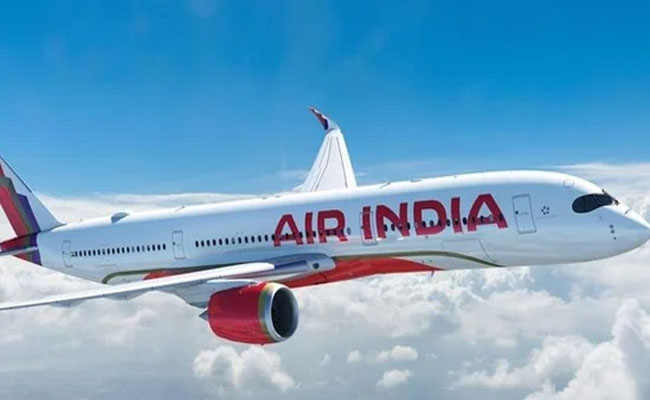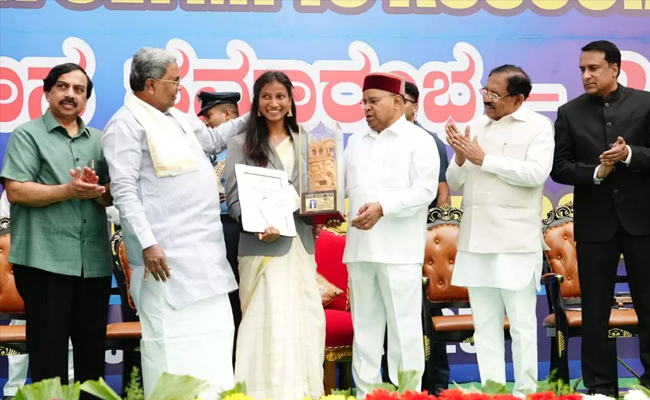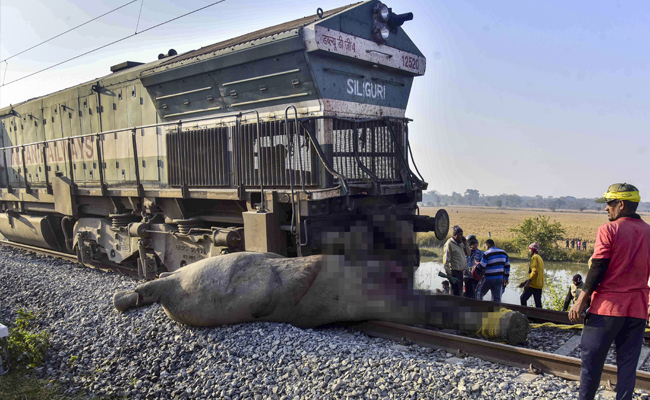United Nations/Geneva, Nov 27: The new COVID-19 variant B.1.1.529, first detected from South Africa this week, was on Friday designated as a Variant of Concern by the World Health Organisation, which named it Omicron.
A variant of concern is the WHO's top category of worrying Covid variants.
The WHO said the Technical Advisory Group on SARS-CoV-2 Virus Evolution (TAG-VE), an independent group of experts that periodically monitors and evaluates the evolution of SARS-CoV-2 and assesses if specific mutations and combinations of mutations alter the behaviour of the virus, convened on Friday to assess the B.1.1.529 variant, first reported to the world health body from South Africa on November 24.
"The new #COVID19 virus variant - Omicron - has a large number of mutations, some of which are concerning. This is why we need to speed up our efforts to deliver on #VaccinEquity ASAP and protect the most vulnerable everywhere," WHO Director-General Tedros Adhanom Ghebreyesus tweeted.
Based on the evidence presented indicative of a detrimental change in COVID-19 epidemiology, the TAG-VE has advised WHO that this variant should be designated as a Variant of Concern, and the WHO has designated B.1.1.529 as a VOC, named Omicron under its Greek-letter system.
"This variant has a large number of mutations, some of which are concerning. Preliminary evidence suggests an increased risk of reinfection with this variant, as compared to other VOCs. The number of cases of this variant appears to be increasing in almost all provinces in South Africa," the WHO said in a press release.
The variant, first reported to WHO from South Africa on Wednesday, has also been identified in Botswana, Belgium, Hong Kong and Israel.
The WHO has countries to enhance surveillance and sequencing efforts to better understand circulating SARS-CoV-2 variants, submit complete genome sequences and associated metadata to a publicly available database.
Countries are also advised that where capacity exists and in coordination with the international community, they should perform field investigations and laboratory assessments to improve understanding of the potential impacts of the VOC on COVID-19 epidemiology, severity, effectiveness of public health and social measures, diagnostic methods, immune responses, antibody neutralisation, or other relevant characteristics.
"The epidemiological situation in South Africa has been characterised by three distinct peaks in reported cases, the latest of which was predominantly the Delta variant. In recent weeks, infections have increased steeply, coinciding with the detection of B.1.1.529 variant, WHO said, adding that the first known confirmed B.1.1.529 infection was from a specimen collected on November 9.
WHO said current SARS-CoV-2 PCR diagnostics continue to detect this variant. Several labs have indicated that for one widely used PCR test, one of the three target genes is not detected (called S gene dropout or S gene target failure) and this test can therefore be used as marker for this variant, pending sequencing confirmation.
Using this approach, this variant has been detected at faster rates than previous surges in infection, suggesting that this variant may have a growth advantage, the global health organisation said.
WHO added that there are a number of studies underway and the TAG-VE will continue to evaluate this variant. WHO will communicate new findings with the member states and to the public as needed.
Let the Truth be known. If you read VB and like VB, please be a VB Supporter and Help us deliver the Truth to one and all.
New Delhi (PTI): Air India Express will set up an external committee next week to inquire into the incident of one of its off-duty captain assaulting a passenger at the Delhi airport on Friday, sources said.
Soon after the incident on Friday, the Tata Group-owned airline suspended the pilot and the sources told PTI that a show cause notice has also been served to him seeking an explanation.
The proceedings are being carried under the labour laws as a pilot comes under the workmen category. An external inquiry committee will set up next week to probe the incident, the sources said.
ALSO READ: Sportspersons winning gold in Olympics to get Rs 6 crore cash prize, says CM Siddaramaiah
The incident occurred at Terminal 1 (T1) of the Delhi airport on Friday.
The passenger Ankit Dewan, on Friday, shared his experience in a social media post, along with a photo showing blood on his face after the altercation. He also shared a photo of the pilot Virender Sejwal.
On Saturday, the civil aviation ministry said it has taken serious cognizance of the incident and directed the airline to ground the pilot with immediate effect.
"A formal enquiry has been ordered. Detailed reports have been sought from BCAS and CISF," the ministry had said in a post on X in a response to a post by Dewan.
In a statement on Friday, Air India Express said it is aware of an incident at the Delhi airport involving one of its employees, who was travelling as a passenger on another airline, and had an altercation with another passenger.
"We unequivocally condemn such behaviour. The employee concerned has been removed from official duties with immediate effect, pending investigation.
"Appropriate disciplinary action will be initiated based on the findings of the inquiry," the airline had said.
Air India Express officials had also contacted the passenger.





